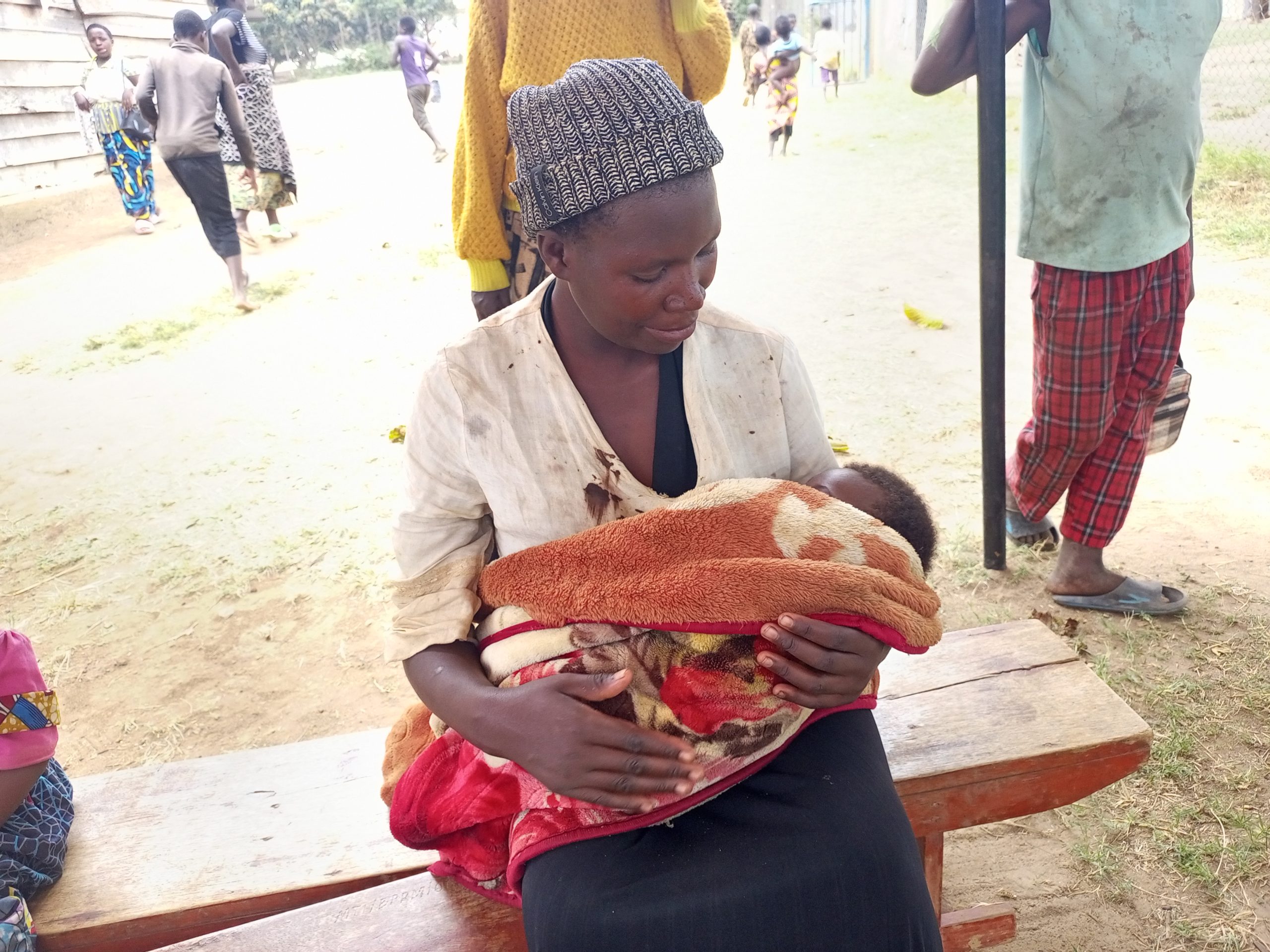“Family Planning Helped Me Have My Child at the Right Time” — The Story of Kwizera Faith.
Kwizera Faith, 25, is a refugee from Rwanda currently living in Nakivale Refugee Settlement in Uganda. Her journey toward family planning and reproductive health empowerment is a testament to how accessible services can transform lives, even under difficult circumstances.
Faith recalls the challenges she faced before accessing family planning services. She was unemployed, had no steady income, and her husband was also without work, leaving the couple struggling to make ends meet.
“I was not working, I had no job, and I was so poor. My husband was also not working, and we had no money to take care of ourselves,” Faith said.
Her health situation added to the burden. She fell ill with malaria and sought treatment at Ishungezi Health Centre III. It was there that she encountered health workers from Shared Action Africa conducting community training and counselling on family planning. Faith was immediately convinced by the knowledge and skills shared during these sessions.
“I met Shared Action Africa health workers training and counselling women about family planning, and I was convinced with the knowledge and skills. I selected the IUD method, which I have been using ever since,” she explained.
The IUD provided Faith with the ability to control the timing of her pregnancies, giving her and her husband the space to stabilize their situation before starting a family. She emphasized how crucial this method was for her circumstances.
“I used the IUD because I wanted to give birth at the right time. When I was ready and had settled all my problems, I removed it. Now I can take good care of my child,” Faith said.
Today, Faith and her husband are parents to a healthy firstborn. She expressed gratitude for the role family planning played in allowing them to plan and prepare for the arrival of their child.
“We now have our first born, who is healthy and planned. Though we do not have a lot, we are ready and able to take good care of him,” she shared.
Faith’s experience highlights the transformative power of family planning services in refugee settings. In communities where poverty, unemployment, and limited access to healthcare are common, empowering women with reproductive health knowledge can significantly improve family well-being and stability.
“Family planning gave us the chance to wait until we were ready. It allowed us to stabilize our lives and take responsibility for our child’s health and upbringing,” Faith said.
Shared Action Africa’s community outreach approach has been particularly effective. By bringing services directly to vulnerable populations in rural and settlement areas, the organization ensures that women and couples like Faith can access counselling, contraceptives, and the guidance they need to make informed decisions about their reproductive health.
“I appreciate Shared Action Africa for its family planning services. They helped me give birth at exactly the right time I had targeted. Their support has made my life and my family’s life better,” she concluded.
Faith’s story is more than a personal account; it is a reflection of how structured family planning programs can impact health outcomes, strengthen family planning choices, and improve the quality of life for women and their families in refugee settlements. By providing education, accessible contraceptive methods, and ongoing support, organizations like Shared Action Africa empower individuals to take control of their reproductive health, even in the most challenging environments.
“We can now focus on caring for our child, managing our household, and building a stable life. Family planning gave us the opportunity to plan responsibly and live with hope for the future,” Faith said.
Through stories like Faith’s, it becomes clear that family planning is not merely about contraception—it is about timing, empowerment, and the ability to make thoughtful decisions that ensure the health and well-being of both parents and children.

